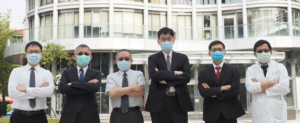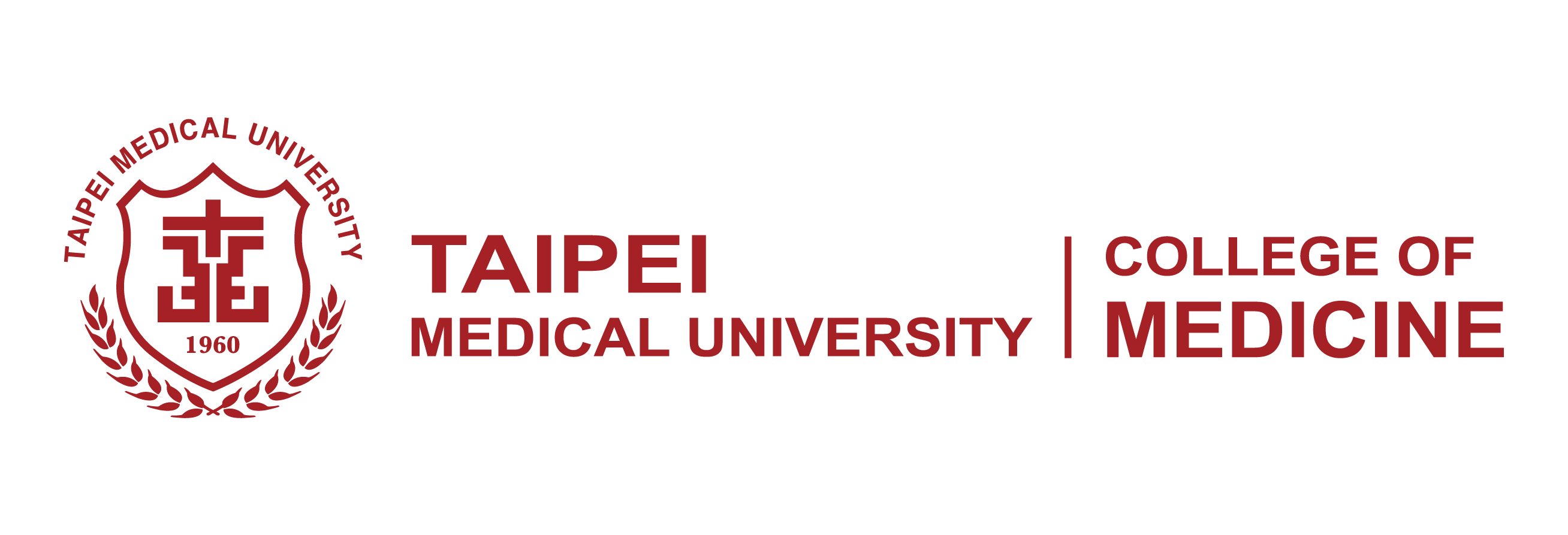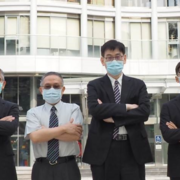The Multi-Module Clinical Decision Support System-Shared Decision Making (CDSS-SDM), a breakthrough technique in AI healthcare, allows personalization in clinical use of lung Cancer
a breakthrough technique in AI healthcare, allows personalization in clinical use of lung Cancer
The Ministry of Science and Technology (MOST) has been supporting healthcare technology development for several years, which strengthens the academic research and industrial development. Under the MOST funding, the team led by Professor Cheng-Yu Chen at Taipei Medical University has successfully built the Multi-Module Clinical Decision Support System-Shared Decision Making (CDSS-SDM). The system has been awarded latest FUTEX Future Tech Award and Nation Innovation Award.

Lung cancer is the leading cause of cancer death in Taiwan. Early diagnosis and precision treatment are the only paths to defeat lung cancer. However, several factors must be considered, for instance, early diagnosis requires reliable imaging technology, treatment and medication are decided by the factors such as EGFR and KRAS genes. The patient must race with time since the first day of diagnosis, and in ten days, there are expected at least four decision sessions for the patient to make according to the discussion with the experienced doctors about the result and the treatment. With big data and artificial intelligence support at the early stage, precision treatment can maximize the performance by giving the best medicine that is the most effective to the cancer types.
The team has developed the CDSS-SDM based on deep learning and the real clinical scenarios to provide patients with best prediction on the diagnosis, treatment and survival. The radiogenomic CT algorithms is a novel technology for lung cancer gene mutation prediction. The technology allows for accurate detection and segmentation of the tumor in hundreds of CT images in minutes and infers the best prediction of EGFR gene mutation if present. Once the gene mutation prediction is made, the demographic module can further gather patient’s information to provide prediction for possible early brain metastases and likely treatment responses.
Taipei Medical University has collaborated with AetherAI, one of the technology leading companies in Taiwan, for three years to build up a groundbreaking technique in identifying cancer cell instantly on digital pathology. With this technique, the team has developed a gene mutation prediction model for lung cancer base on digital pathology slides.
Another break-through technology is the NLP, the natural language processing for Pathology Report analytic system. This system can break down a single sheet of pathology report into 50 text features and then provides drug selection suggestion for the best survival based on 3000 lung cancer patient data by matching those features using AI technology. The concept is very similar to gathering more than ten experts’ experiences for the best treatment option. An addition to the NLP technology is the novel automatic matching system for clinical trials worldwide for patients with late stage of lung cancer or who unfortunately has metastasis. Again, this technology is based on a single sheet of pathology report.
With the support by the MOST, the team from Taipei Medical University has made a first successful step in building a proof-of-concept CDSS-SDM system that may potentially help doctors and patients to decide the best treatment option in the critical first 10 days after the initial diagnosis. The team represents a cast of multi-disciplinary experts from bioinformatics to medicine to build up this novel platform consisting of low-dose CT, pathology slides, clinical data, genomics and pathology report modules. The platform aims to make the early diagnosis, personalized treatment and shared decision possible.
Research Contact
Prof. Sandy, Cheng-Yu Chen
Vice President, Taipei Medical University
TEL: +886-2-66382736 #1995
Email: sandychen@tmu.edu.tw
Media Contact
Yo-Chi Chang
Program Manager
Department of Life Sciences
Ministry of Science and Technology
TEL: +886-2-27377544
Email: yochang@most.gov.tw
https://www.most.gov.tw/canada/en/detail/d3c51677-6c17-4705-8093-2208f4e33441









 Total Users : 156346
Total Users : 156346
